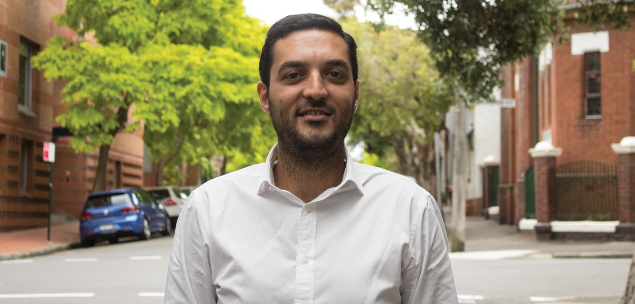Sydney-based fintech startup easyshare has launched its rent and bill payment mobile app following a successful pilot phase, which saw it process over $10m in payments for a thousand early users. John Bush, who founded easyshare in 2014, spoke to Dynamic Business about his company’s early success.
DB: What motivated you to launch easyshare?
Bush: I was in my 20s, living in a share house with my good mates and having a great time. However, I was also the household’s ‘spreadsheet guy’ with responsibility for collecting everyone’s share of the weekly rent and bills, when they were due. This involved sorting through a shoebox of receipts at the end of the month to figure out who paid for – and owed – what. I realised this admin was taking me several hours a month and it was me drawing the short straw when any of my housemates were late to pay. So, I went searching for a solution and when I couldn’t find one, I decided to build easyshare.
DB: What is the unique selling proposition?
Bush: easyshare is the only rent/bill splitting and payment app on the market that can collect payment from several users and make one total end payment to the biller. Other apps tend to focus on a single feature, such as keeping a ledger of who owes what or processing peer to peer payments, whereas we bring all of these functionalities together with the unique ability to consolidate a single final payment in the app. We collect everyone’s share of rent and bills, and pay the total for you.
DB: How does the startup generate revenue?
Bush: The app is free to use for bank transfer and we have a small surcharge for credit card – 1.5% for Visa and Mastercard and 3.3% for AMEX.
DB: How big is easyshare’s addressable market?
Bush: Based on census data, we know that there are 1.3 million group households (i.e. 2 or more residents) renting from real estate agents nationally. This gives scope to tap into 4.1 million people living in share houses. We see a similar opportunity in markets such as the UK where government data indicates there are 18.6 million share house occupants or the US with 31.7 million. Now that we’ve launched our native mobile apps, we are looking to scale rapidly over the next 6 to 12 months.
DB: What success have you had with investment
Bush: easyshare built its MVP from a family and friends round of funding, and we received angel investment last year to build our native mobile apps and expand the team. Off the back of positive growth, we were recently selected to be part of the Qantas AVRO Accelerator program. Partnering with Qantas has been a valuable opportunity for us to not only demonstrate the commercial interest in our product but also accelerate our business growth objectives. We’ve also received a lot of attention from the VC community and we’re now finalising a round of seed funding between $1 to $1.5M; however, we are still open to exploring conversations with strategic partners.
DB: What were the challenges on the path to launch?
Bush: Our decision to build two native mobile apps (one for iOS, one for Android) instead of one hybrid app was more time consuming than we originally anticipated. However, we have an enterprise grade, security tested API powering our systems and we’re committed to giving our users a trusted and awesome experience, which we know to be best delivered through native applications.

